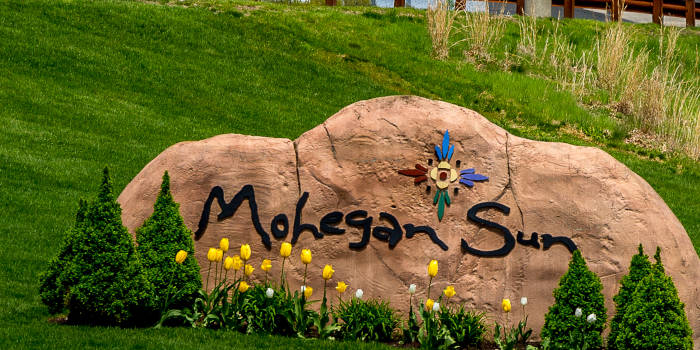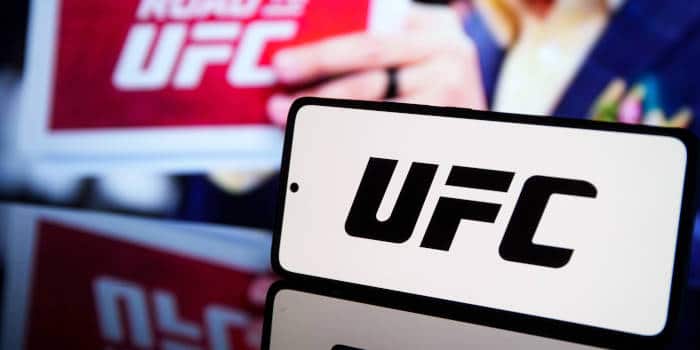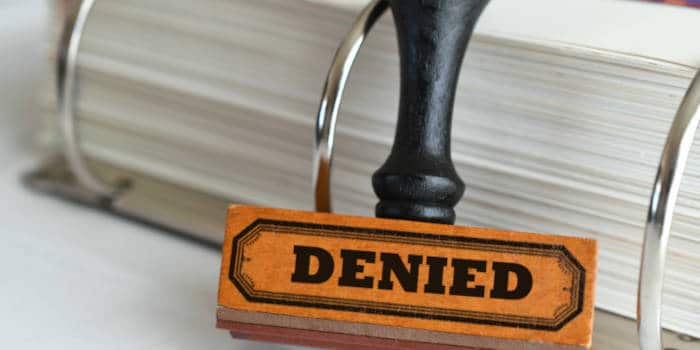- Casino
- By State
- Alabama
- Alaska
- Arizona
- Arkansas
- California
- Colorado
- Connecticut
- Delaware
- Georgia
- Florida
- Hawaii
- Idaho
- Illinois
- Indiana
- Iowa
- Kansas
- Kentucky
- Louisiana
- Maine
- Massachusetts
- Maryland
- Michigan
- Minnesota
- Mississippi
- Missouri
- Montana
- Nebraska
- Nevada
- New Hampshire
- New Jersey
- New Mexico
- New York
- North Carolina
- North Dakota
- Ohio
- Oklahoma
- Oregon
- Pennsylvania
- Rhode Island
- South Carolina
- South Dakota
- Tennessee
- Texas
- Utah
- Vermont
- Virginia
- Washington
- West Virginia
- Wisconsin
- Wyoming
- By State
- Slots
- Poker
- Sports
- Esports
Sports Betting to Launch in Arizona Despite Yavapai-Prescott Opposition

A win for gambling in Arizona as the state will see sports betting launched, despite opposition from the local Yavapai-Prescott Tribe. This was officially ruled by Maricopa County Superior Court’s judge James Smith.
Arizona is Moving on With Sports Betting
The lawsuit from the Yavapai-Prescott targets Governor Doug Ducey and the director of the Department of Gaming. The initial conflict came from the tribe’s claim that the legislation for legalizing sports betting is anti-constitutional and violates Proposition 202 from 2002 that concerns tribal gambling laws. Additionally, the Yavapai-Prescott opposition believes that allowing sports betting will be in breach of Arizona’s Voter Protection Act as, according to Proposition 202, only voters can decide on what types of gambling should be offered in Arizona.
Nicole Simmons, a lawyer for the tribe, spoke during a Monday hearing:
“How can you say that Proposition 202 has not been undone here when it exorbitantly expands gaming in the state of Arizona not only within reservations but off it?”
The tribe’s objection was eventually overruled. This may not be the last of this case, however, as the Yavapai-Prescott Indians will possibly appeal the ruling.
Judge Smith noted the likelihood of an appeal. He claims that the tribe’s arguments probably won’t change the decision and therefore refused to stop the launch of sports betting this Thursday.
In the meantime, sports betting proponents have a cause to celebrate. C.J. Karamargin, a spokesman on behalf of the Governor, mentioned that the ruling is not merely a win in court but a victory for the whole of Arizona.
Both Parties Have Something to Lose
The Yavapai-Prescott believe that the decision will likely harm their business. The tribe was one of the two that didn’t sign a new gaming compact. Other tribes got to expand their betting offerings and apply for a mobile sports betting license. The Yavapai-Prescott are currently unable to do that and are concerned a drop in business may result in tribe members being unable to pay for water and education.
On the other hand, delaying sports gambling’s launch will likely be very costly and will be a detriment to the whole state of Arizona. Because of that, the Arizona Department of Gaming’s director’s representative, lawyer Patrick Irvine, asked the judge to think about the harm that delaying the launch of sports betting may cause.
Irvine emphasized all the effort that has been put in to reach this point on both lawmakers’ and license applicants’ sides. Many bookmakers who have applied have already paid ludicrous amounts of money for commercials in Arizona. If sports betting gets delayed, this may spell millions in losses for both the bookmakers and the state.
“There is quantifiable, identifiable, certain harm that will occur if there is a delay to the start date,” Irvine pointed out.
The lawyer proceeded to bash the tribe’s arguments’ claiming they are trying to guilt-trip the court. Irvine is skeptical that the Yavapai-Prescott will be damaged at all.
He also questioned whether the tribe would actually be harmed by the launch of sports betting.
“They are asking you to treat HB 2772 as though it set their casinos on fire,” Irvine said to the judge.
Simmons, the tribe’s lawyer, however, reminded that under Proposition 202, such changes in gambling are expected to go through a voting round by the people. She also emphasized that the current legislation is rushed only because of the upcoming football season.
“That’s the reality here, right? We are rushing to make sure we get in front of football season and make a ton more money.”
Simmons accused the legislation of readily moving with the lucrative legalization with no regard for the tribe that may suffer from the competition.
A Conflict of Interests Among the Tribes
Another two tribes, in turn, may actually be harmed by a hypothetical delay of sports betting. The Quechan Tribe and the Tonto Apache Tribe are among the ten tribes that were approved for mobile sportsbooks. Because of this, the two of them moved in support of sports betting’s launch and opposed the Yavapai-Prescott’s stance.
They sent official documents to the court, where they noted the current lawsuit might damage their business badly. Calvin Johnson, chairman of the Tonto Apache, claimed that for years the Yavapai-Prescott’s agenda has been to refrain from discussing gaming agreements and file lawsuits when they disagree with the eventual decision.
Yasmin is an accomplished iGaming and gaming journalist with over 10 years of experience writing for various publications. Her expertise spans the entire iGaming sector, traditional sports, and online poker. Yasmin's comprehensive knowledge of online gaming adds significant depth to our coverage, making her an invaluable asset to our team.
Previous Article

Legal
September 7, 2021
Cleveland Browns vs Kansas City Chiefs, NFL Week 1: Date, Time, Odds

Must Read
Legal
July 7, 2025
Former SkyCity Executives Sued Over AUSTRAC Penalty
More Articles






Casino
July 11, 2025
IGT Reveals Multiple Jackpots Throughout June

Sports
July 11, 2025
DraftKings to Give Back Over $3M to Connecticut Users

Casino
July 11, 2025
Caesars Introduces Digital Wallet in Nevada

Sports
July 10, 2025
NJ Bans Sportsbook Deals With Public Colleges

Casino
July 10, 2025
Mohegan Sun Guest Wins $2M Gambling in Spanish 21










